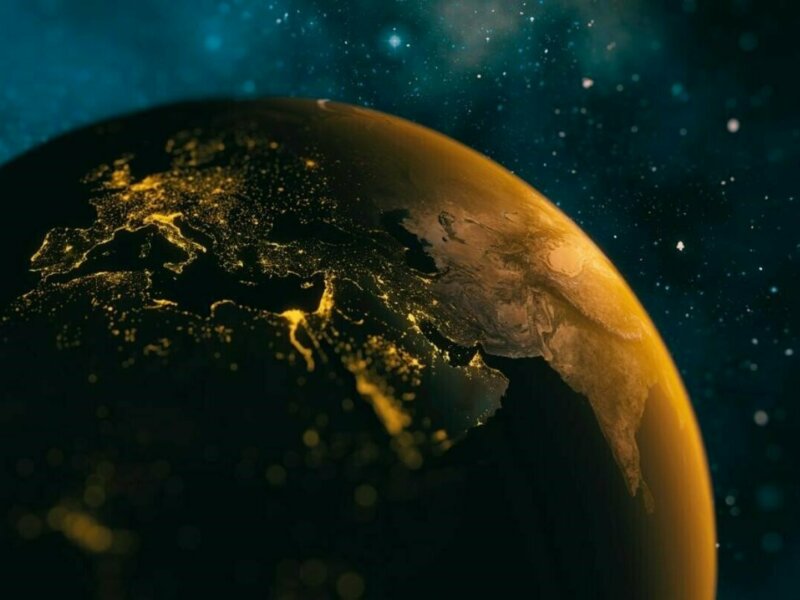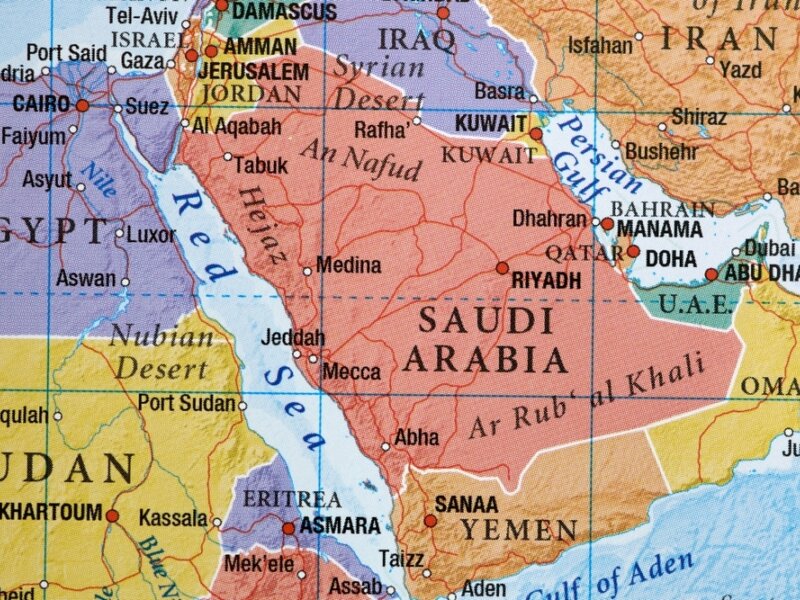L’India cammina sul filo
La crisi ucraina ha riflessi anche sulla geopolitica dell’Asia meridionale. L’analisi di Guido Bolaffi

Per l’India e l’Asia meridionale, nonostante la lontananza geografica, l’invasione russa dell’Ucraina rischia di avere pesanti, negative ripercussioni economiche, dato che Mosca rappresenta non solo il loro principale fornitore di energia ma anche uno dei maggiori partner commerciali. Basta leggere, al riguardo, l’articolo Ukraine crisis: Asia braces for economic fallout pubblicato da Al Jazeera lo scorso 25 febbraio: “Russia is the world’s third-largest producer of petroleum and other liquid fuels [...] Short of the US and Europe throwing the Ukraine under the political bus and appeasing Putin totally, it seems inevitable that Brent crude will test $100 a barrel sooner or later [...] That could deal a major blow to economic growth in many parts of the region, which accounts for about 35 percent of oil consumption”.
Un quadro particolarmente allarmante per l’economia indiana in ragione del fatto che, sostiene Ian Hall vice direttore del Griffith Asia Institute di Brisbane, “India, the world’s third-largest oil importer, would be among the countries susceptible to a major economic shock [...] India’s done reasonably well because oil prices remain low, but if it’s going to be pushed up in a big spike then it’s going to have an effect on growth, particularly as we’re going through this phase of recovering after two big waves of COVID which hit the Indian economy quite hard.”
Tutto vero. Ma per l’India i rischi economici della crisi ucraina impallidiscono di fronte a quelli politico-diplomatici. Come testimonia la tormentata decisione con la quale il governo Modi, per bocca del suo ambasciatore Tirumurti, si è astenuto venerdì 25 febbraio nel Consiglio di Sicurezza dell’ONU sul documento di condanna dell’aggressione russa presentato dagli USA. Con la motivazione, riferita al quotidiano Indian Express da un suo alto diplomatico: “The resolution was dead on arrival… so votes and statements were made to display our position, principles and interests. India took a call to abstain in view of its interests, while the statement underlined its principles”. Astensione che si è ripetuta anche all’Assemblea Generale delle Nazioni Unite.
Una fraseologia volutamente oscura di quello che i politici definirebbero in gergo come “cerchiobottismo”. Un colpo al cerchio ed uno alla botte. Che l’editoriale di Indian Express di sabato 26 febbraio definisce: “A pragmatic choice, that reflects the complexities of a realist world and Delhi’s own positions on territorial integrity and sovereignty, its own concerns about its unresolved borders, its difficult relationship with its two northern neighbours''.
In verità questa strategia diplomatica “shaped by India’s national interest” già due giorni prima del voto al Palazzo di Vetro era stata, sia pur indirettamente, anticipata dal suo talentuoso ministro degli Esteri Subrahmanyam Jaishankar. Il quale da Parigi, dove era impegnato a discutere sul futuro dell’Indo-Pacific Strategy con i suoi omologhi europei, stando a quanto riportato dall’inviato parigino del quotidiano The Print “asked specifically if India was expecting Europe to stand more firmly against an assertive China while his country maintained close ties to Russia, argued these were distinct challenges. He then seemed to imply that Europe had taken its time in formulating a strategy for the Indo-Pacific, so India could be equally dilatory in developing a response to developments in Europe”.
La politica estera dell’India è, come si dice, in mezzo al guado. Da una parte punta sull’Indo-Pacifico per emanciparsi dalla vecchia tradizione neutralista di Nehru. Cosa buona ed utile perché, sostiene Raja Mohan su Indian Express: “The time has come for Delhi to devote greater attention to Central Europe, which is at the heart of the contestation between Russia and the West. Delhi can’t forever view Central Europe through Moscow’s prism. It must appreciate region’s salience and independence”. Ma, dall’altra, argomenta Praveen Swami nell’articolo On Russia, PM Modi’s language isn’t too different from that of Nehru and India will pay cost, “the salvos of sanctions the United States and its allies are firing against Russia is the stuff of Indian nightmares. The US is yet to grant a waiver exempting India from sanctions against purchasing Russian military equipment of the S-400 air-defence system critical to its military preparedness [...] India’s tenacious commitment to equivocation has reached an impasse. New Delhi can’t break with partners it needs to hedge against China, like the United States, Australia and Japan. But the costs of severing its relationship with Russia, though, aren’t trivial”.
Un tiro alla fune che costringe l’India a camminare sul filo. Tanto è vero che, sostiene ABCnews del 26 febbraio scorso: “India’s decision to abstain from voting a U.N. Security Council resolution demanding that Russia cease its invasion of Ukraine does not mean support for Moscow, but reflects New Delhi’s reliance on its Cold War ally for energy, weapons and support in conflicts with neighbours”.



